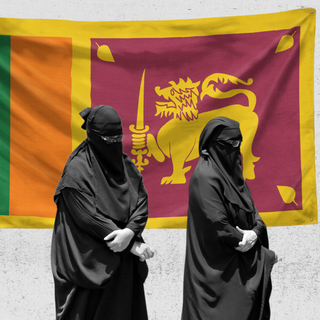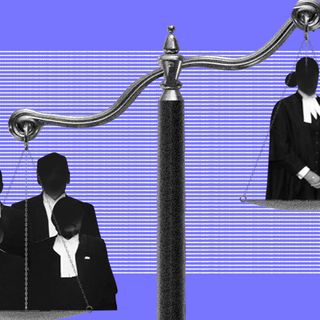The Karnataka High Court recently held that no investigating officer has the right to disclose smartphones or electronic data belonging to any accused individual without written permission from the court.
Justice Suraj Govindaraj, as part of the single-judge bench, remarked, “The responsibility of safeguarding the information or data which could impinge on the privacy of the person will always be that of the investigating officer. If the same is found to have been furnished to any third party the investigation officer would be proceeded against for dereliction of duty or such other delinquency as provided.”
The judgment is significant, considering the severe violation of privacy endured by all accused parties in the 2020 case surrounding Sushant Singh Rajput’s death by suicide. WhatsApp chats involving the accused parties and their alleged drug use were made public and speculated upon, leading to a large-scale, misinformed trial-by-media with continuing repercussions for the people defamed.
The judgment comes in response to a petition filed by Virendra Khanna, accused in another drug-related case. The petition challenges an order from a special Narcotic Drugs and Psychotropic Substances (NDPS) Court, which directed him to unlock his mobile phone.
The judge further held that specific search warrants were imperative for examining smartphones, laptops, and email accounts belonging to an accused person. If the person under investigation refuses to co-operate, the investigating officer can reach out to service providers or manufacturers of the device/account in order to unlock it. If they, too, fail to co-operate, then the investigating officer can enlist the service of hackers to break into the phone. If that doesn’t work, then the accused person’s reluctance to share data will be held against them in court.
Related on The Swaddle:
All The Arguments You Need: to Convince People They Should Care About Digital Privacy
Further, the judge also held that orders to produce passwords for digital accounts and gadgets would not be equal to compulsion and giving access to these accounts and devices would not equal self-incrimination.
The Court further stated, “Once the investigating agency has access to electronic equipment more particularly smartphones and/or laptops the investigating officer has free access to all data not only on the said equipment but also any cloud service that may be connected to the said equipment, which could include personal details, financial transactions, privileged communications and the like.”




